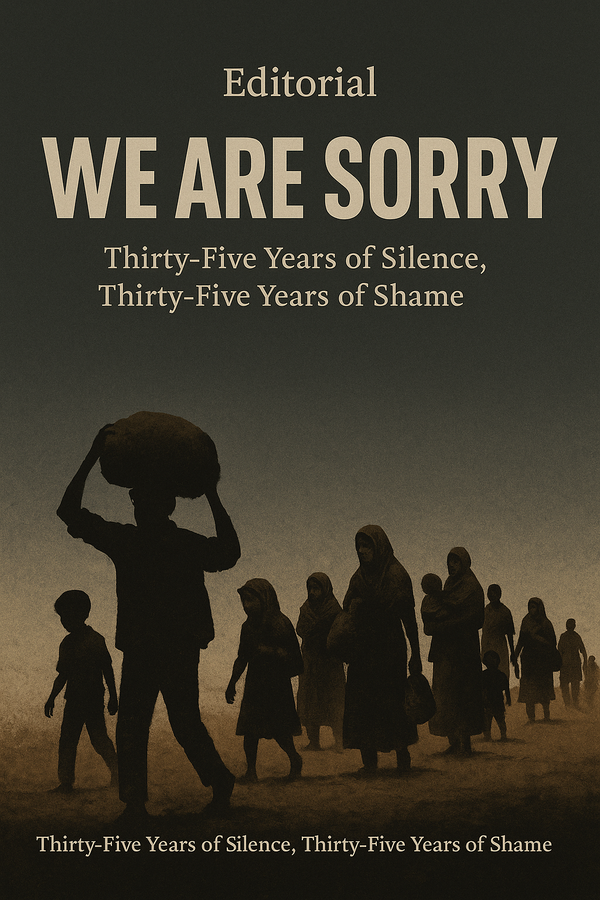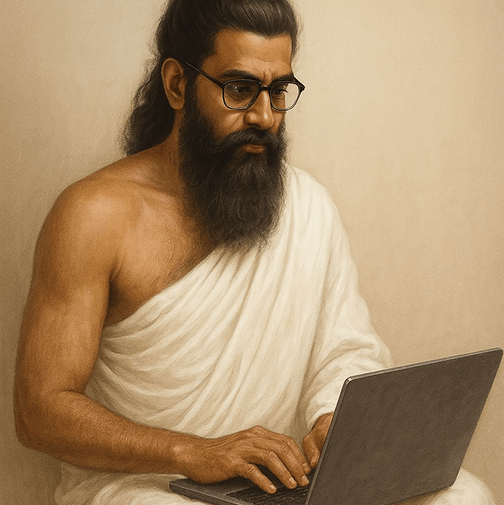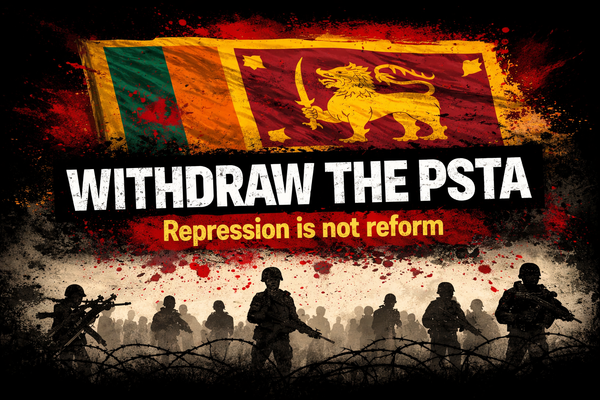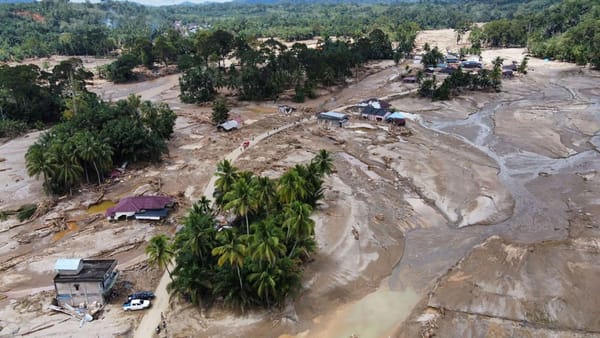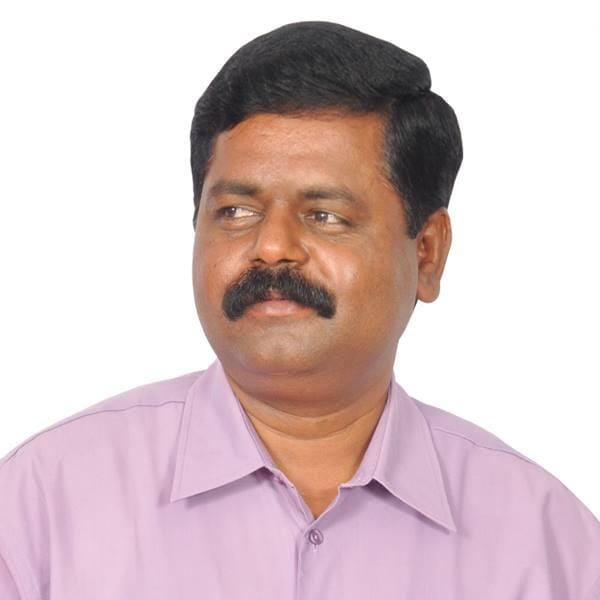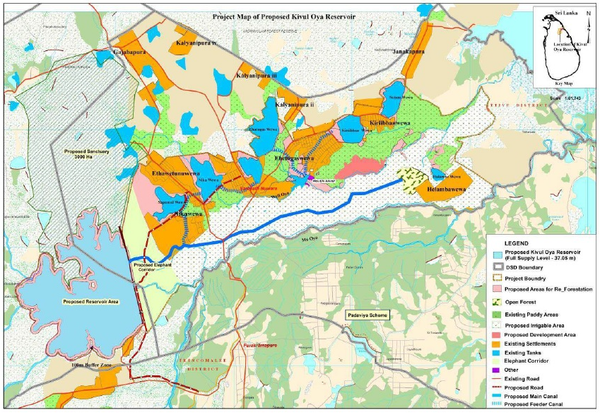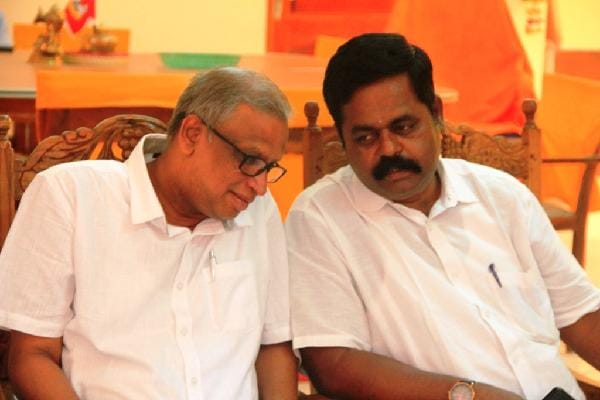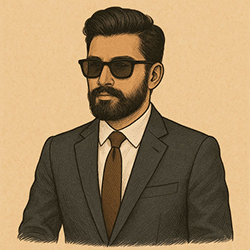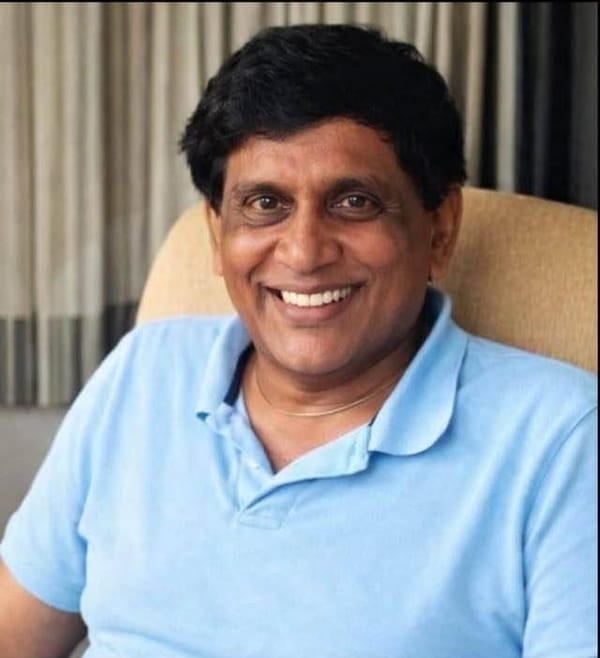Editorial
Thirty-Five Years of Silence, Thirty-Five Years of Shame
On October 30, 1990 — thirty-five years ago — the Liberation Tigers of Tamil Eelam, with we Tamils as mute spectators, committed an atrocity that erased whatever moral or ethical ground our struggle once stood upon.
In an orchestrated act of ethnic cleansing — not in scale, but in spirit comparable to the mass expulsion of the Rohingya from Myanmar; reminiscent of the 1948 Palestinian Nakba; echoing the forced displacement of Turkish Cypriots in the 1960s; and recalling the expulsion of the Sephardic Jews from Spain in 1492 — the LTTE expelled 72,000 Muslims from the Northern Province in just two hours, through a single, mad, LTTE-style decision.
They were our neighbors, our classmates, our friends, our fellow grievers — people who had lived with us through thick and thin for centuries, and who had once fought alongside us against brutal state oppression.
How can we write the history of the LTTE, or of the larger Tamil liberation struggle, without mentioning names like Lt. Junaideen (Johnson) — the first Muslim martyr of the LTTE — or Farook, and so many others who believed in Tamil Eelam enough to die for it?
We did not just expel them — we plundered them. Every coin earned by toil, every heirloom passed through generations, every deed proving their right to exist in the only homeland they had known — all confiscated by decree.
Like the Armenians driven into the Syrian desert to die at Deir ez-Zor, the Cherokee marched barefoot along the Trail of Tears, the Cambodians force-marched from Phnom Penh into Year Zero, or the Ugandan Asians given ninety days to abandon three generations of roots, the Muslims of Jaffna and Mannar were stripped of everything they owned and made refugees in their own land.
At LTTE checkpoints ringing the North, entire communities were funneled through searches designed not for security, but for extraction. Muslim women had gold earrings torn from their lobes, the metal ripping through flesh. Wedding rings were wrenched from fingers — fingers that resisted until they bled. Thaali chains, sacred symbols of marriage, were yanked from necks. Banknotes sewn into hems were discovered and confiscated. Life savings were dissolved at gunpoint.
When they pleaded and argued, the LTTE’s justification was chilling in its simplicity:
“Whatever is earned in Tamil Eelam belongs to Tamil Eelam.”
Seventy-two thousand human beings were driven south with nothing. Children clutched parents who clutched nothing. And the LTTE did not merely rob those Muslims. They gutted the moral authority of the Tamil struggle for self-determination, reducing it to the very ethnic chauvinism we claimed to resist.
That October, we Tamils — through our silence, our fear, our looking away — became bystanders to ethnic cleansing. We joined that grim company of those who watched the cattle cars roll through Poland, who turned away as Tutsi neighbors were dragged from their homes, who heard the screams from Partition trains and shuttered their windows.
The LTTE committed the crime. But we enabled it through our silence.
We cannot escape that collective responsibility.
It was a crime perpetrated by the LTTE, in the name of the Tamils, and with the silence of the Tamils.
And for thirty-five years, we have tried to bury it — under rhetoric, revision, and romanticism.
We can no longer do that.
It is time to say,
We are sorry.
THE CONTRADICTION THAT ROTS OUR SOUL
Sit with this irony until it scorches through every excuse you've ever rehearsed.
We Tamils waged war against oppression. We knew intimately what it meant to live as marked people in our own country. We understood persecution not as an abstraction but as the architecture of daily life.
And yet, when we held power in the north, we enacted precisely the injustices we had sworn to destroy.
This is the contradiction that festers at the core of our struggle. This is the wound we have refused to dress for thirty-five years. This is the hypocrisy that turns every invocation of justice into ash in our mouths.
To those who still rationalize October 1990 — who still whisper that Muslims "betrayed the cause" or "passed intelligence to Colombo" — answer one question with honesty, if you still possess it:
There were bombs in Colombo. Many bombs. Buses blown apart, marketplaces shattered, civilians incinerated. But would you have accepted it if a Sri Lankan government had expelled every Tamil from Colombo, Kandy, and Galle? Would you have called it security if Sinhala soldiers had ordered your families to leave Wellawatte with five hundred rupees and forty-eight hours?
Would you have nodded in understanding as your mother’s earrings were torn from her flesh, your grandmother’s wedding necklace ripped away, the deeds to your ancestral home confiscated — and been told that everything earned in Sinhala areas “belongs to the Sinhalese”?
Or would you have screamed the truth: ethnic cleansing, collective punishment, a crime against humanity?
You cannot fight oppression by replicating its methods. You cannot demand justice while denying it to others. You cannot claim the mantle of liberation while wielding the sword of tyranny.
Even if — even if — some individuals had collaborated with the state, does suspicion warrant the expulsion of 72,000 people? Does fear justify stealing a community's entire existence? Does the possibility of informants legitimize dispossessing infants, the elderly, and the disabled?
If we accept that logic, we validate every atrocity ever committed against us. We justify every mass arrest at Colombo, every youth disappeared in white vans, every Tamil village burned. We become morally indistinguishable from those we condemned.
The LTTE — and we, through our complicit silence — surrendered our moral authority that October. This is our stain. This is our shame. And this is our crime against humanity — one that stands in total defiance of every value of Tamilness.
It goes against the very essence of our first documented Tamil poet, Kanniyan Pungundranar of the Sangam literature — whose name I have chosen as my pseudonym. He declared:
“யாதும் ஊரே யாவரும் கேளிர்” (Yadhum oore, yaavarum kelir — Every land is our own, all people are our kin).
The Tamil ethical framework considered hospitality, protection of the vulnerable, and fairness toward all as sacred duties. The Thirukkural, our timeless text on virtue, teaches:
“பகுத்துண்டு பல்லுயிர் ஓம்புதல் நூலோர்
தொகுத்தவற்றுள் எல்லாம் தலை.”
(Sharing one’s food and protecting all living beings is the highest of all virtues taught by the wise.)
The LTTE’s actions — and our silence — betrayed these very principles. They violated the foundation of Tamil civilization itself.
Until we confront it fully — without qualifications, without deflections, without invoking the suffering we endured as permission for the suffering we inflicted — we remain unworthy of the justice we demand.
Until we reckon with October 30, 1990, our appeals to human rights bodies ring hollow. Our testimonies about discrimination are undermined by our refusal to acknowledge the discrimination we enabled. Our calls for accountability dissolve in our own evasion.
No Tamil can stand before the International Criminal Court, before the UN Human Rights Council, before any forum of conscience, and demand justice while denying the crime committed in our name. We cannot ask the world to remember our dead while we erase the dispossessed.
We cannot escape this reckoning. We can only meet it.
THE BUYERS WE BECAME
After the Muslims were driven south in October 1990, their homes did not stand empty for long. Within days, the LTTE began systematic looting as organized plunder. Following the expulsion of Muslims from Jaffna, the LTTE’s economic division took charge of managing the belongings of the displaced. These items—ranging from personal effects to household goods—were made available for purchase by the local Tamil population.
The sales were conducted at LTTE-run outlets, widely known as Makkal Kadai—the “People’s Shops.” These outlets became focal points for the distribution of looted goods within the Tamil community. Many Tamils, seizing the opportunity, lined up to buy them. Offered at relatively affordable prices, the goods were accessible to a broad segment of the population. The sales featured everything from furniture to kitchenware, all seized from the Muslim families during their forced evacuation.
Tiles were pried from bathroom walls, one by one. Wooden doorframes were unscrewed and removed. Iron gates were unhinged. Ceiling fans were dismantled. Kitchen cabinets were emptied and carted away. Furniture passed down through generations—teak almirahs, dining tables, brass lamps—was loaded onto trucks.
And then it was sold.
At Makkal Kadai, the possessions of seventy-five thousand expelled Muslims were offered at bargain prices to the Tamil community that remained. And some among us bought them.
They furnished homes with their trauma. They laid their tiles in our kitchens. They installed their doors in our doorways. They sat on their chairs, slept on their beds, and stored our clothes in their cupboards. They hung our family photos on walls painted with their paint, nailed into their wood. Their dispossession became our convenience.
Not every Tamil took part in this. Many were horrified, and some spoke quietly of shame. But many others did participate—or turned away.
Yes, the LTTE was brutal. Yes, refusing to participate might have invited suspicion, harassment, perhaps worse. Fear was real. The Tigers’ control was absolute.
But let us not hide entirely behind coercion. Some bought because the prices were irresistible. Some stayed silent because it was easier than objecting. Some participated because they had convinced themselves that the Muslims had betrayed them—and therefore their suffering was somehow justified, or at least tolerable.
Some of us simply didn’t care enough—because they were Muslim and we were Tamil, and that invisible line was enough to anesthetize our conscience.
That is the depth of our complicity.
That is the measure of our moral collapse.
And until we name it—fully, specifically, without the refuge of vague regret—we remain what we became in 1990: a community that traded its integrity for cut-rate ceiling fans and secondhand tiles still warm from their original walls.
We are sorry.
The Date That Returned — and the Debt We Couldn’t Escape
I know not everyone will agree with me — and that’s alright.
But I have come to believe, deeply, in the quiet and unerring law of karma.
Five years later, to the very day — October 30, 1995 — we too were displaced from Jaffna. On that same cursed date, as thousands of Tamil families streamed southward with bundles on their heads and tears on their faces, it was as if the universe itself had chosen that day. Many Tamils remembered the Muslims of 1990.
I have also come to believe, just as deeply, that no community can heal while its past remains unaddressed. We cannot undo the pain of October 30, 1990. We cannot return the homes, the heirlooms, or the stolen years. But we can begin. We can listen to the stories of those we wronged, and let their voices fill the spaces our silence once occupied.
We cannot restore what was taken — but we can finally speak the truth: what happened to you was wrong. It was ethnic cleansing. It was a crime against humanity. And we, through action or silence, bear responsibility.
To the Muslims of Jaffna, Mannar, Mullaitivu, and Kilinochchi — our neighbors, our classmates, our colleagues, our friends — we owe you more than words.
But words are where every redemption begins.
We are sorry.
And we will work to make it right.
கணியன் பூங்குன்றன்
Kaniyan Pungundran
Editor-in-Chief,
Jaffna Monitor

